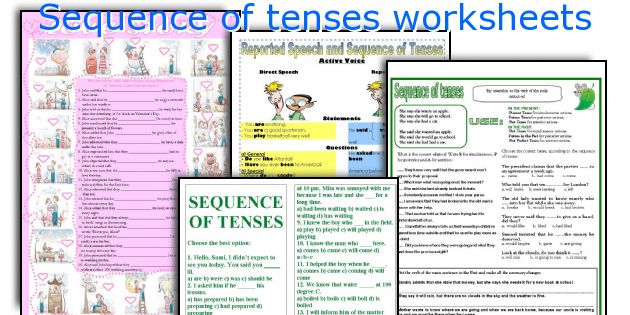All Tenses Worksheets Pdf
Download all my infographics about the tenses in PDF here.
WORKSHEET 12: Simple Past vs Present Perfect Tense /. He arrives at work at 6.30 every morning but it is 7.30 now and he is still driving. The worksheet below gives a broad overview of all aspects of all possible tenses. This is a nice worksheet to print out and keep at ready for your students to use should they get stuck. Verb Tenses Diagram - A diagram of verb tenses and examples; This unit contains worksheets outlining common usages of the verb 'to be.'
 Download all my explanations of the tenses in PDF here.
Download all my explanations of the tenses in PDF here.| How to make the tense: | How to use the tense: |
| Present Simple Form | Present Simple Use |
| Present Continuous Form | Present Continuous Use |
| Present Perfect Simple Form | Present Perfect Simple Use |
| Present Perfect Continuous Form | Present Perfect Continuous Use |
| Past Simple Form | Past Simple Use |
| Past Continuous Form | Past Continuous Use |
| Past Perfect Simple Form | Past Perfect Simple Use |
| Past Perfect Continuous Form | Past Perfect Continuous Use |
| Future Simple Form | Future Simple Use |
| Future Continuous Form | Future Continuous Use |
| Future Perfect Simple Form | Future Perfect Simple Use |
| Future Perfect Continuous Form | Future Perfect Continuous Use |
What's The Difference?
Here are a few more things you might find useful:
This is a printable PDF of all the verb tenses and how to form them.
This is a list of all the grammar exercises on this site, about verb tenses and other things.
This is an explanation of how we sometimes need to change the spelling of a verb with 'he, she, it' in the present simple, for example why 'cry' becomes 'cries' but 'play' is 'plays'.
Adverbs of Frequency are words like 'often' 'sometimes' 'never'. This page shows you how to use them with the present tense and where to put them in the sentence. I also explain about longer phrases like 'from time to time'.
How do you pronounce 'stopped'? Many students say 'stop-id' instead of 'stopt'. This page explains the rules of pronunciation for regular past simple verbs and past participles (verbs that end with 'ed')
We can't use some verbs, like 'know' or 'believe' in continuous tenses. This page has lists and explanations.
Need more practice? Get more Perfect English Grammar with our courses.